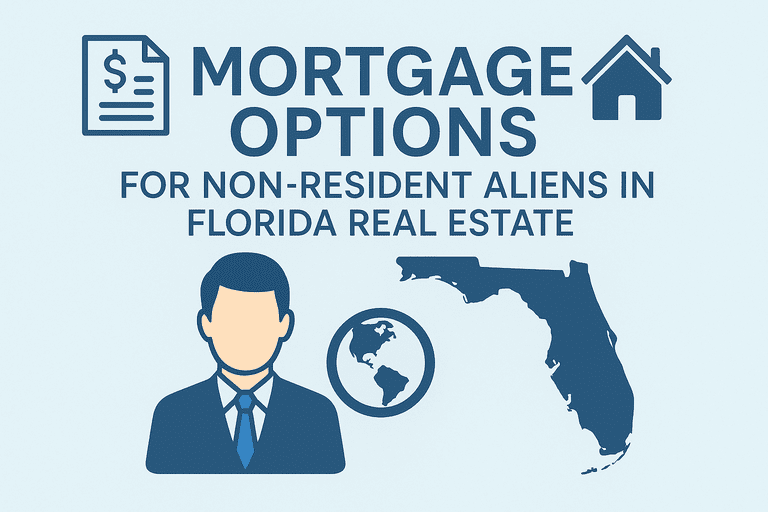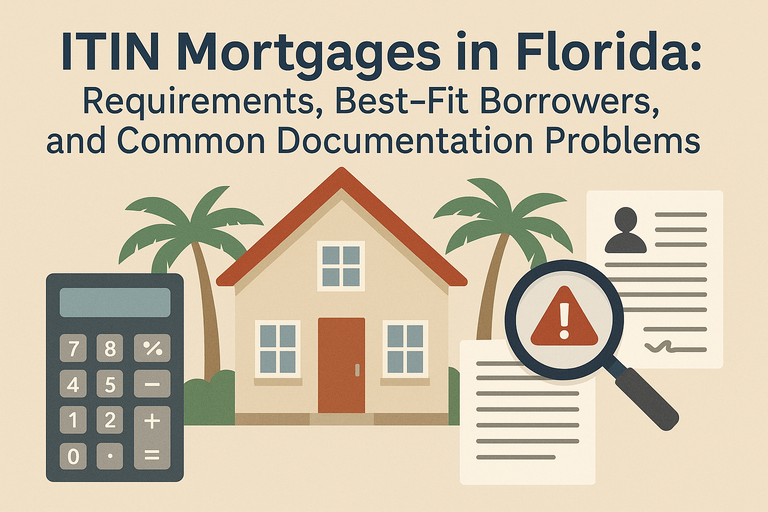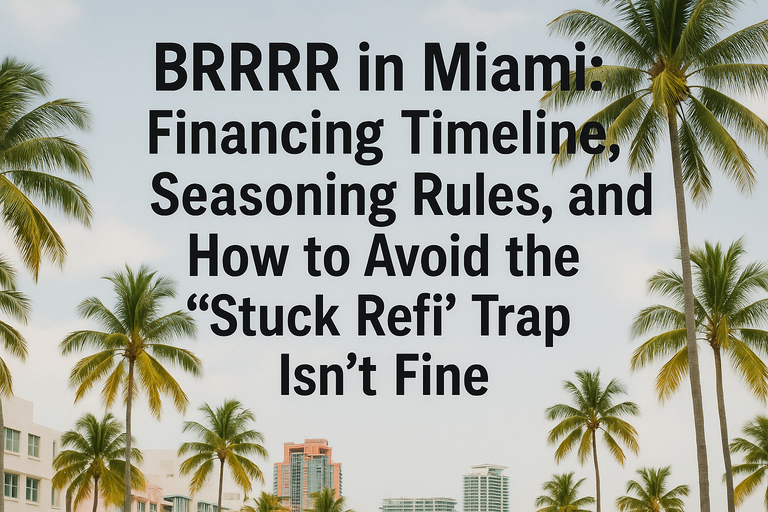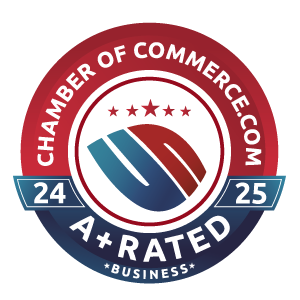Introduction: Mortgages for Non-Resident Aliens in Florida
Florida’s real estate market is a global hotspot, attracting buyers from Latin America, Europe, Canada, and beyond. Many of these international investors and second-home buyers face a common question: what mortgage options are available for non-resident aliens in Florida real estate?
While purchasing property as a non-U.S. citizen is entirely possible, financing comes with unique requirements and considerations. Understanding the mortgage landscape ensures non-resident buyers can secure the best terms and avoid unnecessary pitfalls.
Who Qualifies as a Non-Resident Alien in U.S. Real Estate?
The IRS defines a non-resident alien (NRA) as an individual who is not a U.S. citizen and does not meet the substantial presence test. In real estate, this typically includes:
-
Foreign nationals buying vacation homes in Florida.
-
Investors acquiring rental properties.
-
Retirees purchasing second residences.
-
International professionals without permanent U.S. residency.
Why Florida Real Estate Appeals to Non-Resident Aliens
Florida—especially Miami, Orlando, and coastal cities—remains one of the most popular destinations for foreign buyers.
Key Advantages:
-
No State Income Tax – Attracts international investors seeking lower tax burdens.
-
Strong Rental Demand – Vacation rentals and long-term rentals perform well year-round.
-
Appreciating Property Values – Consistent growth in South Florida real estate markets.
-
International Connectivity – Miami serves as a gateway to Latin America and Europe.
Mortgage Options for Non-Resident Aliens in Florida
1. Foreign National Mortgage Programs
Many Florida lenders offer foreign national loan programs tailored for non-resident buyers.
-
Down Payment: Typically 25%–35%.
-
Loan Types: Fixed-rate and adjustable-rate mortgages.
-
Documentation Needed: Passport, visa (if applicable), foreign credit references, and proof of income/assets.
2. Portfolio Loans
These loans are held by lenders rather than sold to Fannie Mae or Freddie Mac, making underwriting more flexible. Ideal for foreign buyers with limited U.S. credit history.
3. Cash Purchases with Later Financing
Some international buyers purchase properties in cash, then apply for a cash-out refinance once established in the U.S.
4. Developer Financing
In luxury Miami developments, some builders offer direct financing options for international buyers.
Requirements for Non-Resident Alien Mortgages in Florida
While terms vary by lender, most require:
-
Higher Down Payments: Usually 30% or more to offset perceived lending risks.
-
Valid Passport & Visa: Identification and entry documents.
-
Proof of Funds: Bank statements, international tax returns, or CPA letters.
-
Foreign Credit References: Letters of good standing from banks or credit institutions abroad.
-
U.S. Bank Account: For mortgage payment processing.
Challenges Non-Resident Buyers Face
-
No U.S. Credit History: Limits access to conventional loan programs.
-
Currency Exchange Risks: Fluctuations may impact affordability.
-
Higher Interest Rates: Lenders often charge slightly more to offset risks.
-
Closing Costs: Foreign buyers may face additional costs, including FIRPTA (Foreign Investment in Real Property Tax Act) withholding when selling.
Strategies to Improve Mortgage Approval Chances
-
Establish a U.S. Bank Relationship: Having accounts in Florida can strengthen credibility.
-
Provide Extra Documentation: Income verification and financial statements help reassure lenders.
-
Work with Specialized Brokers: Local experts like My Miami Mortgage Broker understand which lenders actively finance non-resident buyers.
-
Consider Joint Ownership: Partnering with a U.S.-based co-borrower can improve loan approval odds.
Tax Considerations for Non-Resident Alien Property Owners
-
FIRPTA Withholding: When selling U.S. property, buyers must withhold up to 15% of the sales price for IRS tax compliance.
-
Rental Income Tax: Non-residents must pay U.S. taxes on rental income but can often deduct property expenses.
-
Estate Taxes: Foreign investors may face higher estate tax exposure, making estate planning essential.
Working with tax professionals ensures compliance while maximizing returns.
FAQs About Non-Resident Mortgages in Florida
Q: Can non-resident aliens get FHA or VA loans?
No, these programs are reserved for U.S. citizens and permanent residents.
Q: How much is the typical down payment for foreign national loans?
Most Florida lenders require 30%–35%.
Q: Do non-resident buyers need a Social Security number?
No, but an Individual Taxpayer Identification Number (ITIN) is often required.
Q: Can foreign buyers rent out their Florida properties?
Yes, but rental income is subject to U.S. taxes and must be reported.
Conclusion: Unlocking Florida Real Estate with Non-Resident Mortgages
For international buyers, navigating mortgage options for non-resident aliens in Florida real estate requires preparation, documentation, and the right lender connections. With strong demand and appreciating values, Florida continues to be a prime market for global investors.
By working with experienced mortgage brokers and legal professionals, non-resident buyers can secure financing, comply with tax laws, and enjoy the benefits of owning property in one of the most dynamic real estate markets in the world.






